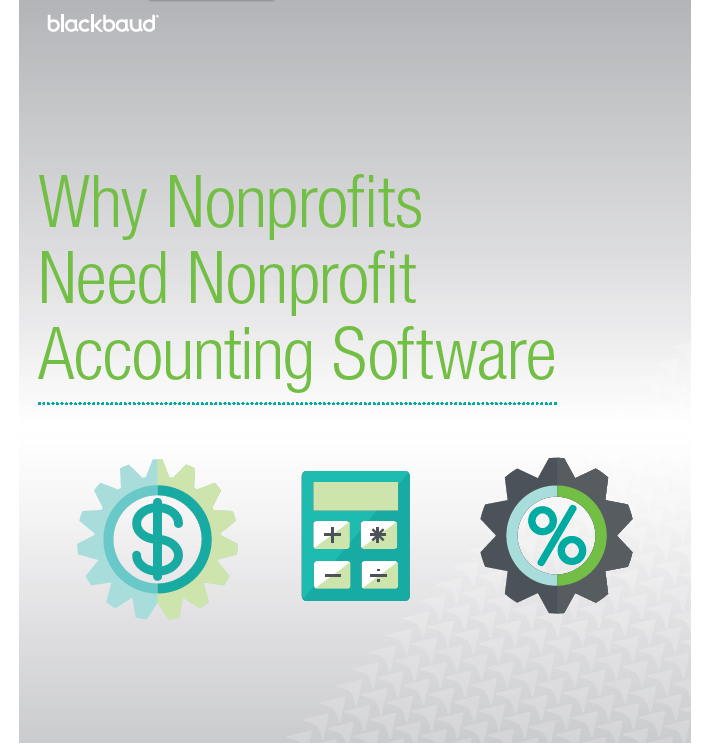Nonprofit organizations rise and fall on their reputations. Increased requests for transparency and accountability in financial reporting coupled with donor demand that contributions be used as intended has nonprofit financial managers reviewing their programs and processes. In the age of digital communications, social media, and the 24-hour news cycle, perceived violations of public trust offer organizations little chance to recover from financial mistakes.
In the headlights of this increased focus on donor intent and accountability are the chief financial officer, accounting staff, and finance director. More and more often they are being asked to anticipate problems and suggest solutions, to articulate timely financial results, and to provide leadership in a dynamic nonprofit marketplace.
Unfortunately, traditional accounting systems are ill-equipped to help nonprofit financial officers meet these challenges. Managing unique revenue streams such as donations, membership dues, program revenues, grants, and investment income requires software tailored to the needs of nonprofits. Systems that are not designed to automate specific nonprofit business processes and reporting needs or those with a clumsy module for the nonprofit component cost organizations time, energy, and effort.
A solution that provides the highest levels of transparency and accountability is necessary to help organizations make solid, strategic decisions and avoid violating the public’s trust.
Click “download” button to view the full whitepaper.
Thanks for reading CPA Practice Advisor!
Subscribe Already registered? Log In
Need more information? Read the FAQs




